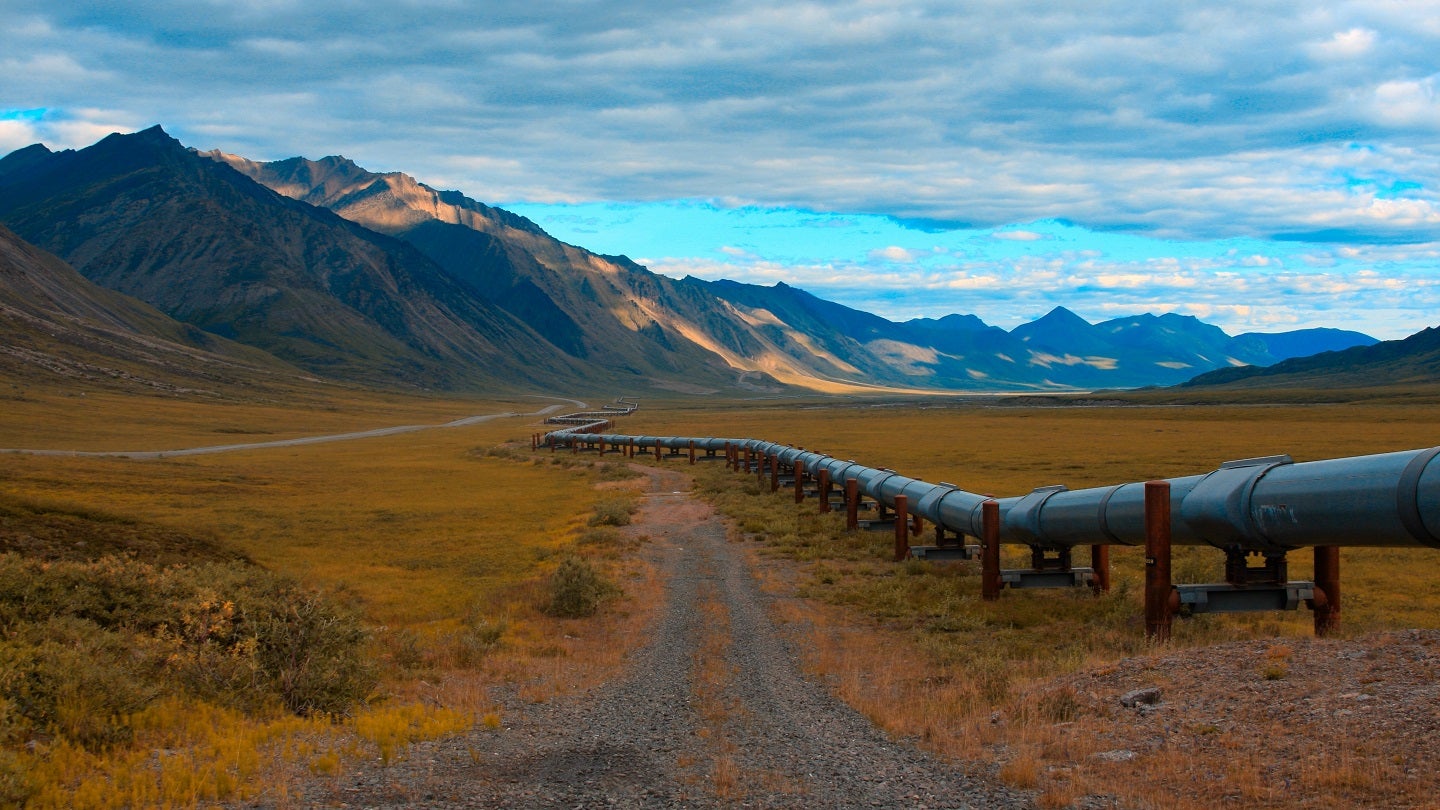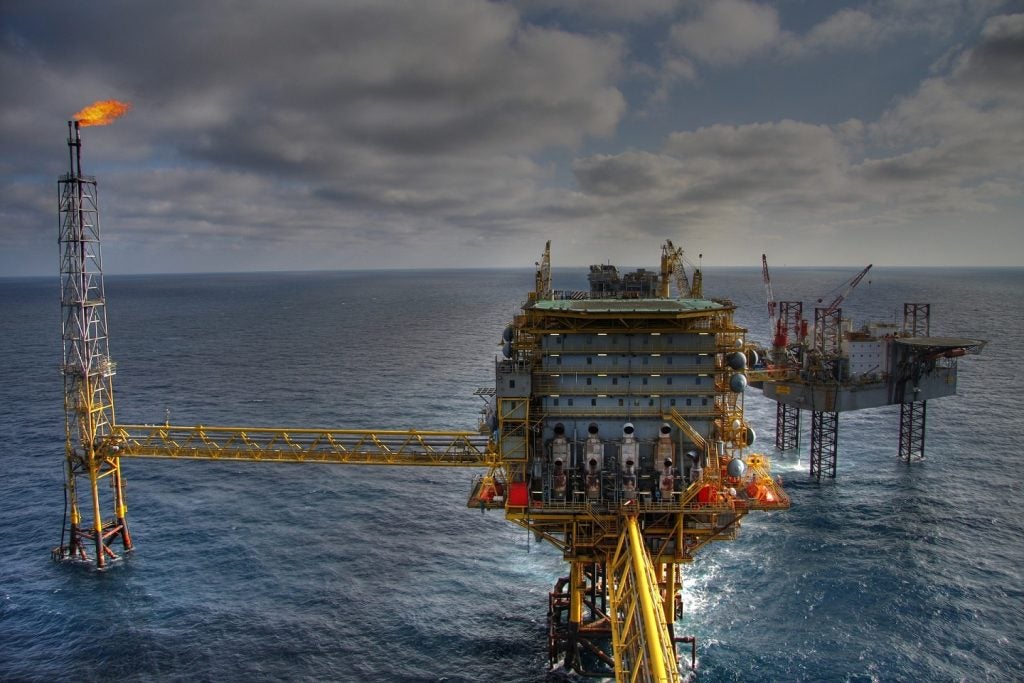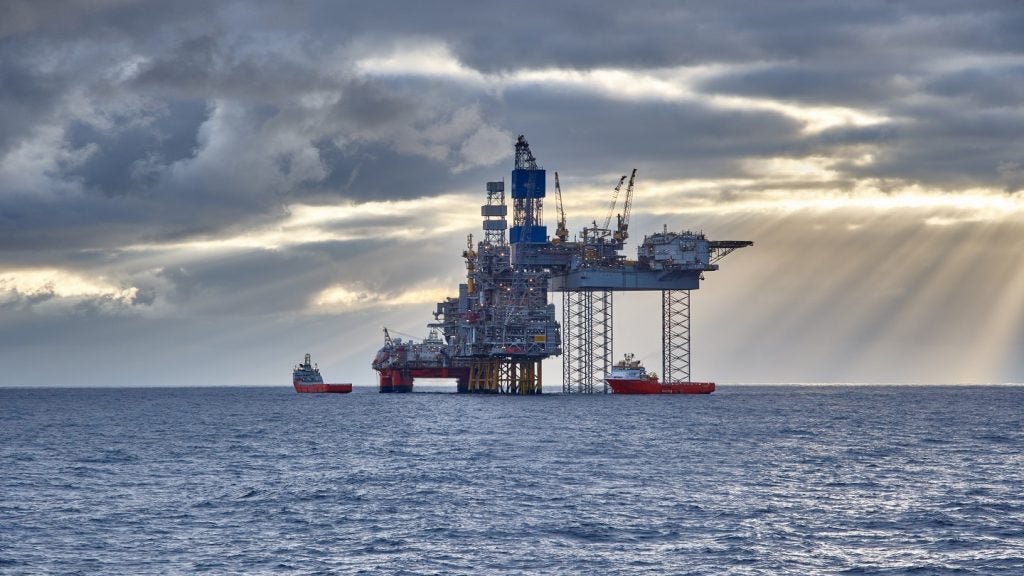
US Government approvals for ConocoPhillips’ Willow oil and gas drilling project in Alaska have been upheld by a federal judge, reports Reuters.
Environmental and tribal organisations filed a lawsuit contesting the multi-billion dollar project’s authorisation.
The lawsuit was dismissed by US district judge Sharon Gleason in Anchorage, Alaska.
The plaintiffs contend that the project will exacerbate climate change and harm untouched wilderness by releasing hundreds of millions of tonnes of carbon pollution into the atmosphere.
In her verdict, Gleason stated that the US Government had sufficiently examined the effects the project’s greenhouse gas emissions (GHGs) would have on the environment.
The government had also considered the project’s potential impact on endangered species such as polar bears, the judge said.
How well do you really know your competitors?
Access the most comprehensive Company Profiles on the market, powered by GlobalData. Save hours of research. Gain competitive edge.

Thank you!
Your download email will arrive shortly
Not ready to buy yet? Download a free sample
We are confident about the unique quality of our Company Profiles. However, we want you to make the most beneficial decision for your business, so we offer a free sample that you can download by submitting the below form
By GlobalDataIn March 2023, the US Government approved a scaled-back version of the Willow oil and gas project.
The project will be located inside Alaska’s NPR-A, a 23-million-acre region on the state’s North Slope.
NPR-A is believed to be the biggest piece of untouched public land in the US.
With the approvals, ConocoPhillips will be able to build an air strip, hundreds of kilometres of ice roads, three drill pads and more than 40km of gravel roads.
According to ConocoPhillips, at its peak, the project will produce 180,000 barrels of oil per day.
Federal government estimates suggest that the project could release approximately 260 million metric tonnes of GHG emissions.
Responding to the development, Erik Grafe, an attorney with Earthjustice, which contested the approvals, called the ruling disappointing.
Grafe added that tribal and environmental organisations are “considering all legal options” to pursue the case, including a possible appeal.
Requests for comment were not immediately answered by ConocoPhillips or the US Interior Department, stated the news agency.







